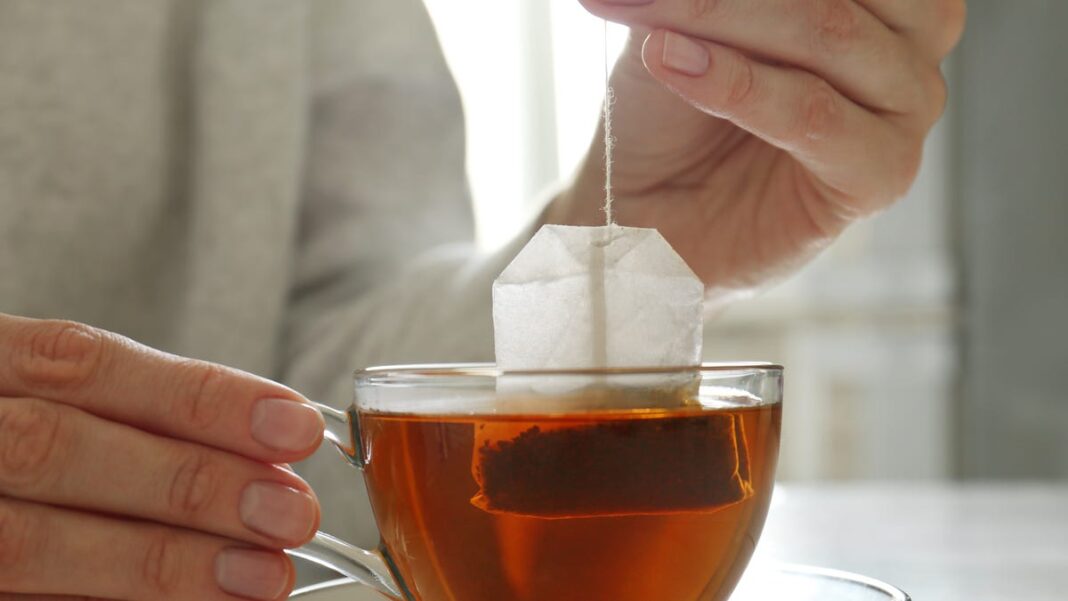Are colon cleanses essential? Experts discuss possible risks.
Recently, products for colon cleansing have become increasingly popular. These bowel cleansing supplements claim to offer various health advantages, such as weight loss and increased energy levels.
While colon cleansing products such as capsules, teas, and powders may promise “detox” benefits, there is limited scientific support for their efficacy and safety.
Dr. Hisham Hussan, a gastroenterologist at UC Davis Health, warns that one serious risk linked to colon cleansing supplements is kidney failure.
This explains why many gastroenterologists advise against using these products.
How does the colon function?
The colon is crucial to the digestive system, extracting water, nutrients, and electrolytes from partly digested food, per the National Cancer Institute.
Recent studies highlight that the colon hosts most of the gut microbiome, according to Dr. Chris Damman, MD, MA, a gastroenterologist and clinical associate professor at the University of Washington Medical School.
Dr. Damman describes the colon as a “natural bioreactor within your gut,” where it processes remnants of food, including types of fiber and plant polyphenols. This activity is vital for metabolism, immune system function, and cognitive processes.
What are colon cleanses?
The term “colon cleansing” is not formally recognized in the medical community, according to Dr. Damman. It should not be mistaken for bowel preparation, which occurs before procedures like a colonoscopy and involves using liquids to facilitate stool removal and colon cleaning.
Over-the-counter colon cleansing products, including capsules, teas, and powders, typically contain natural laxatives and fibers, as noted on Healthline.
Supporters of colon cleansing suggest it can help eliminate toxins, increase energy, facilitate weight reduction, reduce headaches, and lower the risk of colon cancer. However, scientific evidence backing these claims is sparse.
Are colon cleanses beneficial?
Dr. Hussan advises against using over-the-counter colon cleansing products for health maintenance. He believes there is little justification for undergoing a colon cleanse without medical reason.
Dr. Damman agrees, stating, “I wouldn’t recommend performing colon cleanses at home.”
If you have gastrointestinal issues, consulting a primary care physician or gastroenterologist to discuss your symptoms is essential, Dr. Hussan emphasizes.
Are colon cleanses safe?
Understanding the risks associated with over-the-counter products is vital. The safety of colon cleansing supplements varies by product, depending on their ingredients, according to Dr. Hussan.
These products don’t require approval from the U.S. Food and Drug Administration. Dr. Damman highlights that any changes to colon physiology may produce both positive and negative outcomes, making FDA approval and rigorous research crucial to ensuring beneficial effects.
Colon cleansing supplements can lead to dehydration, Dr. Hussan notes. If a person has a pre-existing kidney condition, a colon cleanse might upset the balance of electrolytes in their blood, potentially causing unconsciousness or kidney damage, as stated by Healthline. In severe cases, these supplements could result in kidney failure.
What supports colon health?
According to Dr. Damman, “Good colon health is primarily determined by diet, particularly focusing on [plant-based] foods.” He suggests enhancing fiber intake with foods like nuts, seeds, fruits, vegetables, and whole grains for better health.
Besides nutrition, regular physical exercise positively influences gut microbiome health, adds Dr. Damman.

